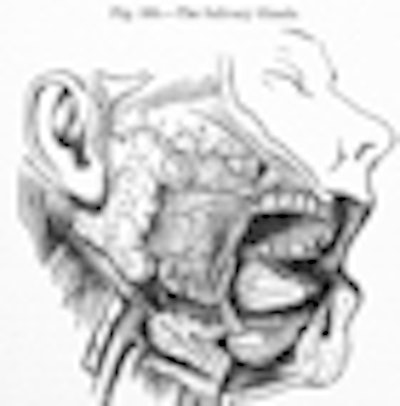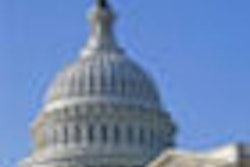
Many oral and maxillofacial surgery (OMS) programs in the U.S. do not require residents to do research even though program directors believe in its importance, according to a study by Virginia Commonwealth University.
The study was presented at the recent American Association for Dental Research (AADR) meeting in Washington, DC.
“Research is what pushes the envelope of our specialty.”
— Shahid Aziz, D.M.D., New Jersey
Dental School
It has become obvious over the past few years that most of the articles in the major oral and maxillofacial surgery journals come from authors in countries other than the U.S., study author Daniel M. Laskin, D.D.S., a professor and chairman emeritus of the university's oral and maxillofacial surgery residency program, told DrBicuspid.com.
"This study was an attempt to determine the current status of research in our OMS residency programs, the opinions of program directors and residents about doing research, and what may be the reasons why less research is being done than in the past," he said. No similar study has been done before, he added.
Study findings
The study authors wanted to determine how many programs have resident research activity, the characteristics of the programs, and the program directors' and residents' attitude about research in the residency programs.
They sent a survey to the program directors and residents in all accredited U.S. OMS residency programs. Forty-four of the 101 program directors and 277 of the 951 residents returned the survey.
Here are some of the results:
- Of the program directors who responded, 25% said that residents in their programs do not do research.
- In 64% of the programs, no scheduled time was made available for research.
- When time was available, it was generally three months or less.
- About half of the programs conducting research required submission of a paper for publication.
- Most program directors (95%) believed research experience was important for someone considering an academic career, and 66% considered research experience was important even for someone going into private practice.
- Of the residents who responded, 59% said they were willing to do research, but 75% felt the time available was inadequate.
- Most residents (90%) would not spend an extra research year if funded; 56% said it was due to existing debt.
- Although 89% felt research was important for academicians, only 36% felt it was important for practitioners.
"Despite program directors believing in the importance of research experience, many programs do not have this requirement," the study authors concluded. "Because this is one of our most important sources of new information, efforts need to be made to make research a requirement in all programs."
Dr. Laskin was surprised to learn that program directors and residents felt research experience was more important for those who plan to have academic careers than for those who will go into private practice. In addition, even in programs that do offer research experience, it is not a requirement in 30% of those programs, and only about half of the programs required the results to be submitted for publication.
"This information began to provide some answers as to why U.S. programs are no longer the leading research publication contributors," he said.
Residents should be aware that research experience should be a part of their educational experience because it helps them to critically evaluate the literature, and this is important in making evidenced-based clinical decisions, Dr. Laskin noted.
"The Council on Dental Education of the ADA needs to make providing some research experience a requirement for residency program accreditation," he said. "Also, program directors need to serve as role models and emphasize the importance of research experience for the residents."
A red flag
Shahid Aziz, D.M.D., an associate professor at the New Jersey Dental School at the University of Medicine and Dentistry of New Jersey who has published similar research (Journal of Oral and Maxillofacial Surgery, April 2007, Vol. 65:4, pp. 762-765), found the study well done and insightful.
"It does raise a red flag in academic OMS," he told DrBicuspid.com. "Research is what pushes the envelope of our specialty. Without it we will fall behind other surgical disciplines."
He also added that, in retrospect, the current study findings do not come as a huge surprise since more than 50% of the research in the Journal of Oral and Maxillofacial Surgery comes from non-U.S. centers.
Dr. Laskin's study is an alarm for the specialty, Dr. Aziz said. He suggested a few solutions to remedy the situation:
- Develop OMS clinician scientists by increasing the number of OMS-Ph.D. programs.
- Have the ADA's Council on Dental Education include a research requirement for all training programs in its training guidelines.
- Ultimately develop OMS training programs that have a research component as part of their curriculum.
The results of the AADR study will be submitted for publication in a few months, Dr. Laskin said.
Copyright © 2010 DrBicuspid.com



















